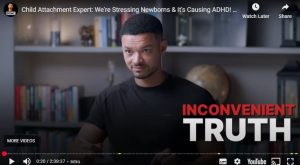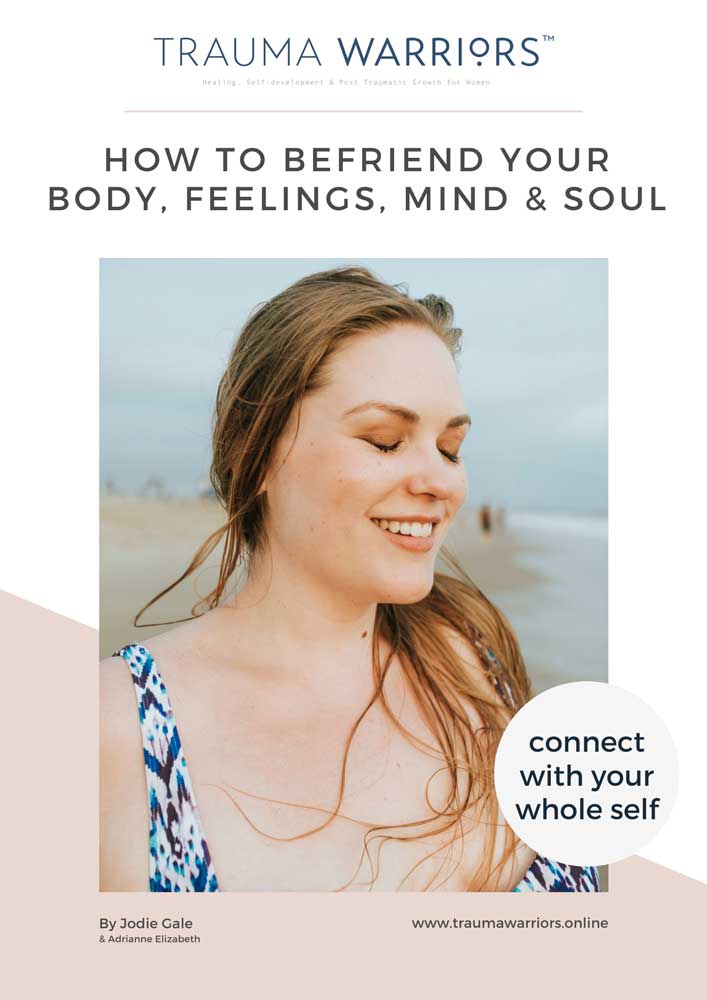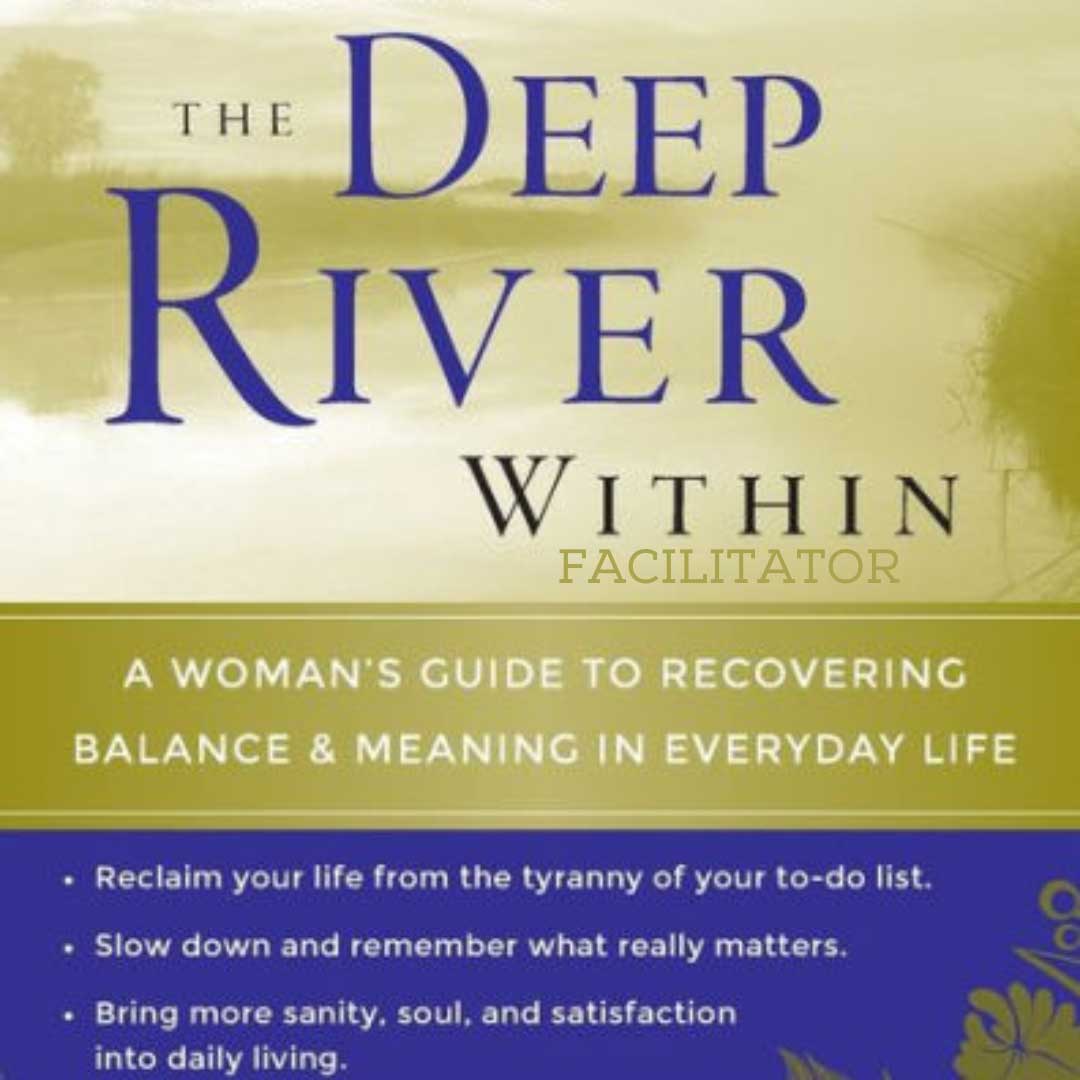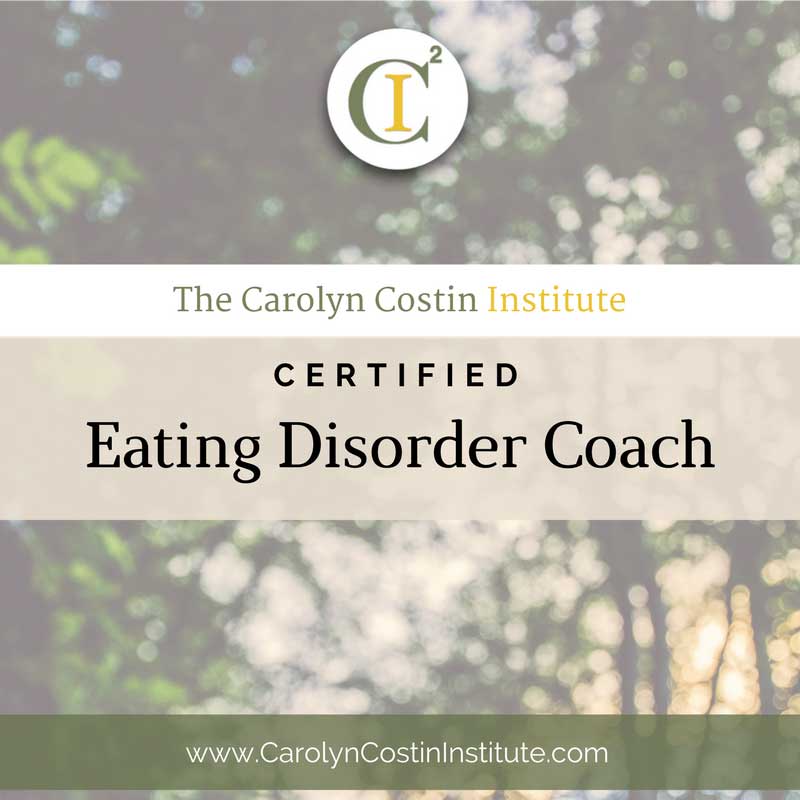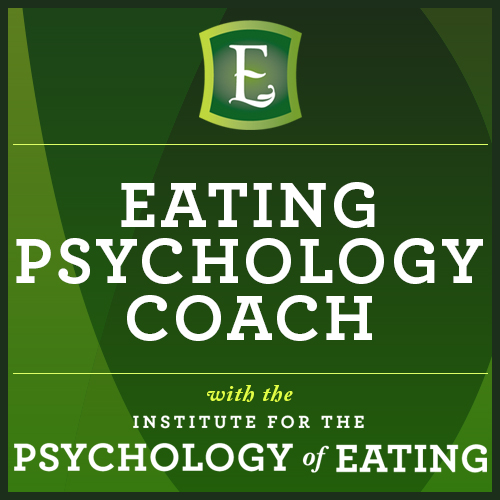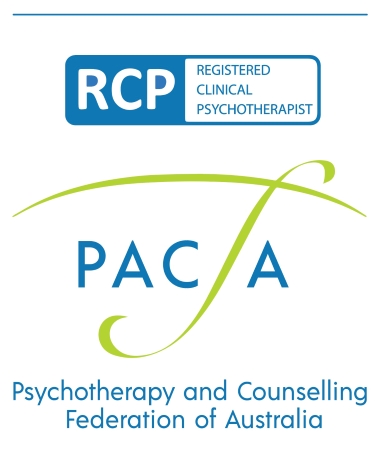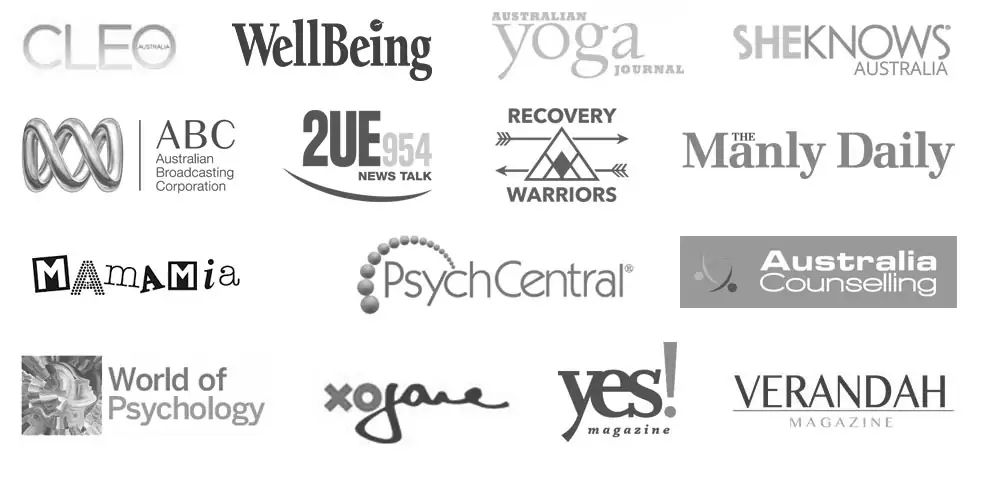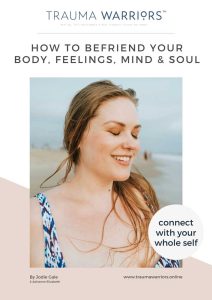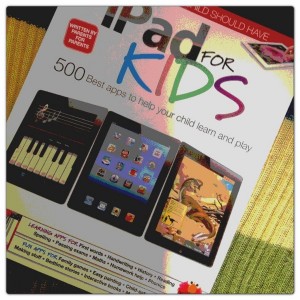 Children and Handheld Devices: From cradle to grave and iPads and education is part of my Children and Handheld Devices series.
Children and Handheld Devices: From cradle to grave and iPads and education is part of my Children and Handheld Devices series.
In part one, I shared about our toddler’s scary outburst when I tried to remove my iPad. It seems he is not alone. In the many articles I have researched regarding iPad use and children, I came across parent after parent complaining about extreme reactions when trying to remove an iDevice from their children’s teeny, tiny hands.
Jonathan Anker in ‘Your iPad is not your baby sitter’ suggests that kids are being ‘seduced by beautiful little screens’, are ‘gadget addicted zombies’ with iPads containing ‘scratch marks on the back from the deep, frantic clinging’ of tiny fingernails.
There are also plenty of articles arguing that our children ‘must have’ an iDevice. Perhaps the most common fear – and one that hooks in to our own narcissism – is that our kids will get left behind and will not be as successful as others if they don’t have one.
Some of the other reasons given that our children ‘must have’ an iDevice include,
everything is stored on the tablet so kids can save time by not walking back and forward to their lockers
and
it is easier to swipe the screen than it is to turn the page of a book (seriously?)
So… who is convincing us that our children ‘must have’ one?
From cradle to grave
In the alarming, Consuming Kids: The Commercialization of Childhood (full video below) we are shown how children are now targeted like objects from birth to participate in the $700 billion a year child/parent consumer industry. It highlights how marketers are relentless in catching their prey. They draw on psychologists, ethnologists and experts in neuroscience to get kids while they are young to keep them for life, ‘from cradle to grave!’
Clayton Browne from Demand Media writes,
‘In marketing and advertising, the term refers to the practice of specifically marketing to children with the hope that they will become loyal consumers of that company’s products for life….The concept of cradle-to-grave branding really came into its own in the 1980s and ’90s. Industry veteran marketing consultant James McNeal, author of the book “Kids as Consumers: a Handbook of Marketing to Children” reports that while ideas about cradle-to-grave branding were generally ignored for many years, they have become the norm in the 21st-century marketing business. He points out that the only way to increase customers is to switch them from other brands or “grow” them from birth, and in our society, it is actually easier to grow customers from birth than switch them.’
Dr. Susan Linn, Instructor in Psychiatry at Harvard Medical School confirms, ‘This generation of children is marketed to as never before. Kids are being marketed to through brand licensing, through product placement, marketing in schools, through stealth marketing, through viral marketing. There’s DVDs, there’s video games, there’s the internet, there are iPods, there are cell phones. There are so many more ways of reaching children so that there is a brand in front of a child’s face every moment of every day.’
With iDevices a growing part of children’s culture, there are plenty of companies now targeting children with child specific apps and add on extras such as remote control helicopters. Former scientist Kit Eaton writes that the iPad mini ‘comes with the same ‘must have vibe’ as other Apple products.’ The iPad mini, at a more cost effective price and being more portable for tiny hands, will no doubt be a huge seller for children.
However, just because something is pitched as ‘educational’ and ‘interactive’ and being sold as, ‘every child must have one’ – it doesn’t mean they should!
iPads and education
Like many parents, we were momentarily persuaded by, ‘if we don’t let them use an iDevice, they will get left behind’. When we gave in against better judgment, and let our two toddlers use our touch screen phone and iPad, like many parents, it was for reading interactive stories and for using apps such as Leaning ABCs and 123s.
Anker warns us that learning with an iDevice is not the same as when children use books to learn. When we read books, we are usually sitting together, interacting and building a relationship with one another. As we sit, spend time, see, hear and learn with our children, it sends them a core message fundamental to building their sense of self-worth, ‘you are important to me – you are worth my time’. Yes, kids may learn slightly faster using an iDevice, but at what cost? One potential outcome is that we raise a whole heap of computer savvy kids who are unable to relate and interact in a healthy and meaningful way in the real world. Anker goes on to say,
‘Education-focused apps like these — which are abundant — are pretty harmless on their own. But that misses the point. They function as gateway drugs to the device itself. Once you introduce a kid to the thrill-a-minute gadget universe, they’ll want to stay there. You’ll see them again just in time for the middle school dance.’
Professor of Psychology, Nancy Darling, Ph.D., who has authored more than 50 scientific papers and has studied adolescents and their social relationships for 25 years writes,
‘There’s nothing wrong with a young child spending a bit of time with an app. But I’ve seen nothing from a developmental perspective that makes me believe that the physical skills required to use it or the cognitive skills gained by manipulating it are likely to provide a richer developmental experience than the real world. If an iPad app is easy enough for a toddler to manoeuvre, I doubt it will take a novice 5 year old very long to master it. And a 5 year old who has a lot of experience in the real world may bring more to that iPad than one who has been using it since birth.’
In Educating Your Child … it’s not rocket science!, Kevin Donnelly notes that many schools are starting to introduce the compulsory use of iDevices and are marketing themselves as being at the cutting edge of new technology. Just recently, St Andrew’s Cathedral School in central Sydney, informed parents that it would require all students in years 7 to 10 to own an iPad from next year.
In Matt Ritchel’s New York Times article, ‘Technology Changing How Students Learn, Teachers Say’, English educator Hope Molina-Porter who teaches accelerated students, has noted a marked decline in the depth and analysis of written work. Many teachers are adjusting lessons because of the decline in students’ attention span. Teachers are also concerned about what they call ‘the “Wikipedia problem,” in which students have grown so accustomed to getting quick answers with a few keystrokes that they are more likely to give up when an easy answer eludes them. It is reported that those most affected, were children who were allowed unfettered access to television, phones, iPads and video games.’
But what about our parental fears that our children will be left behind? In ‘Computers ok? Not in Silicon Valley’ (the epicentre of the tech economy) – CEOs, chief technology officers, and other employees of Silicon Valley giants such as Ebay, Google, Apple, Yahoo and Hewlard –Packard, all send their children to Wardolf schools (video below). This style of schooling subscribes to a ‘teaching philosophy focused on physical activity and learning through creative, hands-on tasks’. Those who endorse this approach say computers inhibit creative thinking, movement, human interaction and attention spans. Alan Eagle, who holds a computer science degree and works in consecutive communications at Google agrees and says,
‘I fundamentally reject the notion you need technology aids in grammar school…The idea that an app on an iPad can better teach my kids to read or do arithmetic – that’s ridiculous.’ Eagle goes on to say that learning computer skills is ‘like learning to use toothpaste…at Google and all these places, we make technology as brain-dead easy to use as possible. There’s no reason why kids can’t figure it out when they get older.’
Wardolf schools are the equivalent to Steiner schools in Australia where the Cape Byron Steiner School, Australia have the following philosophy:
‘The whole emphasis of the Primary school years is about nurturing the doing, feeling and thinking of the child through imaginative story, artistic endeavour, music, dance and drama, as well as providing the necessary academic skills that they will need to progress in their further education. The opportunity to be and to interact cooperatively with peers is particularly important at this stage in the child’s life. This is enhanced by the strong relationships developed with the teacher and with peers. The computer and its screen do not offer the same sort of human interactive opportunities. The development of fine motor skills is an important aspect of the child’s growth and the many forms of craft offered in our curriculum ensure the necessary nimbleness that translates later into academic achievement. This compares somewhat differently with the quite limited and repetitive movements a computer allows. This is not to negate the obvious usefulness of computers. Our students are introduced at a later stage in their school life to this intricate and intriguing medium. As Steiner suggested in all areas of education, we encourage students to have a working understanding of computers so that technology becomes the useful servant rather than our unconscious master.’
This last statement is particularly important for our children’s ongoing emotional, psychological and spiritual well-being.
References
Anker, Jonathan, (2012), Your iPad is not a babysitter! HLNTV Online. Retrieved from http://www.hlntv.com/article/2012/09/21/your-ipad-not-babysitter-our-mobile-society
Browne, Clayton, Demand Media, What Does “Cradle to Grave” Mean in Advertising? Retrieved from http://smallbusiness.chron.com/cradle-grave-mean-advertising-23834.html
Darling, Nancy, (2012), Why the Real World Is Better for Kids Than an iPad. Psychology Today. Retrieved from http://www.psychologytoday.com/blog/thinking-about-kids/201204/why-the-real-world-is-better-kids-ipad?page=2
Donnelly, Kevin, (2013 to be released), Educating Your Child … it’s not rocket science! Connorcour cited in Digital age is dumbing down our children. The Australian. Retrieved from http://www.theaustralian.com.au/national-affairs/opinion/digital-age-is-dumbing-down-our-children/story-e6frgd0x-1226436959981
Dokoupil. Tony, (2012), Is the Web Driving Us Mad? The Daily Beast. Retrieved from http://www.thedailybeast.com/newsweek/2012/07/08/is-the-internet-making-us-crazy-what-the-new-research-says.html
Eaton, Kit, (2012), iPad mini will be bad for your kids, Fast Company. Retrieved from http://www.fastcompany.com/3002200/ipad-mini-will-be-bad-your-kids-discuss
Feneley rick, (2012), It’s a touchy subject, but passing the HSC takes one tablet. Sydney Moraning Herald Digital Life. Retrieved from http://www.smh.com.au/digital-life/tablets/its-a-touchy-subject-but-passing-the-hsc-takes-one-tablet-20121011-27fru.html#ixzz2ICIEtQu0
McCormick, Lyn and Dunham, Catherine. (2007), FAQ – Frequently Asked Questions about Rudolf Steiner Education. Retrieved from http://www.capebyronsteiner.nsw.edu.au/flex/faq_frequently_asked_questions_about_rudolf_steiner_education/91/1
National Scientific Council on the Developing Child, (2004), Young children develop in an environment of relationships. Working Paper No. 1. Retrieved from http://www.developingchild.net
Newton, Phillip (2009), What is dopamine?The neurotransmitter’s role in the brain and behavior. Psychology Today online Retrieved from http://www.psychologytoday.com/blog/mouse-man/200904/what-is-dopamine
Ritchel, Matt, (2012), Technology Changing How Students Learn, Teachers Say, Retrieved from http://www.nytimes.com/2012/11/01/education/technology-is-changing-how-students-learn-teachers-say.html?pagewanted=all&_r=0
Ritchel, Matt, (2011), Computers OK? Not in Silicone Valley, Sydney Morning Herald. Retrieved from http://www.smh.com.au/digital-life/computers/computers-ok-not-in-silicon-valley-20111106-1n1qc.html#ixzz2HkpYi5OA

